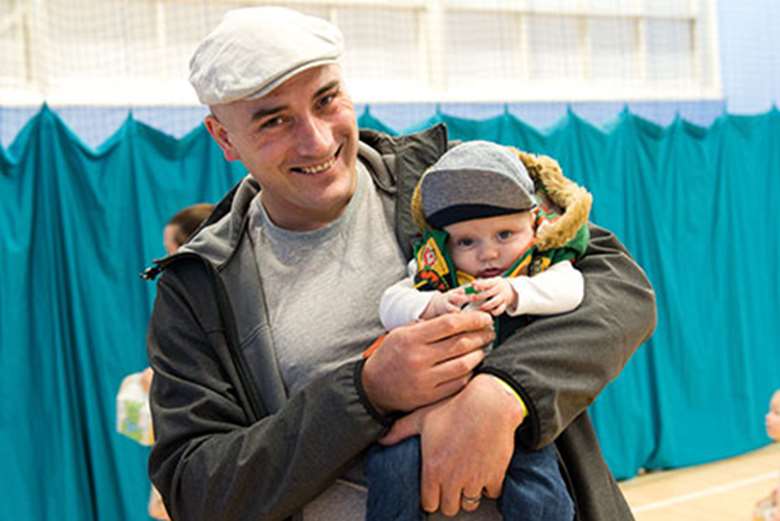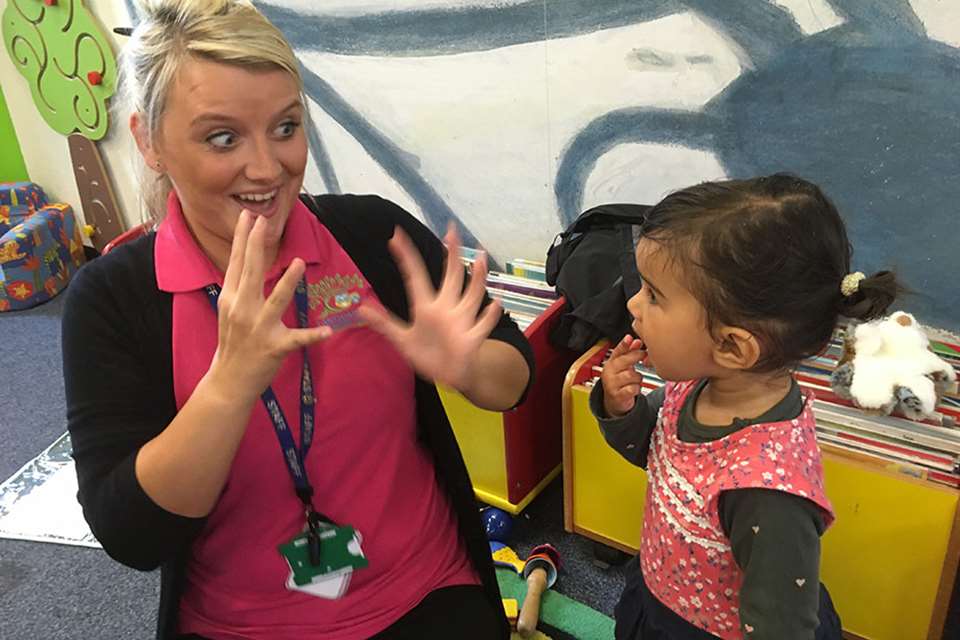A Unique Child: Inclusion - Better off?
Charlotte Goddard
Monday, October 30, 2017
How ‘A Better Start’ is improving outcomes for children in Blackpool, Bradford, Southend, Nottingham and Lambeth. By Charlotte Goddard

Register now to continue reading
Thank you for visiting Nursery World and making use of our archive of more than 35,000 expert features, subject guides, case studies and policy updates. Why not register today and enjoy the following great benefits:
- Free access to 4 subscriber-only articles per month
- Unlimited access to news and opinion
- Email newsletter providing activity ideas, best practice and breaking news






